Valves are available in a variety of materials, with bronze being one of the most commonly used. It offers excellent corrosion resistance, electrical and thermal conductivity, high strength and durability, making bronze valves ideal for use in chemical, petroleum, metallurgy and other industries.
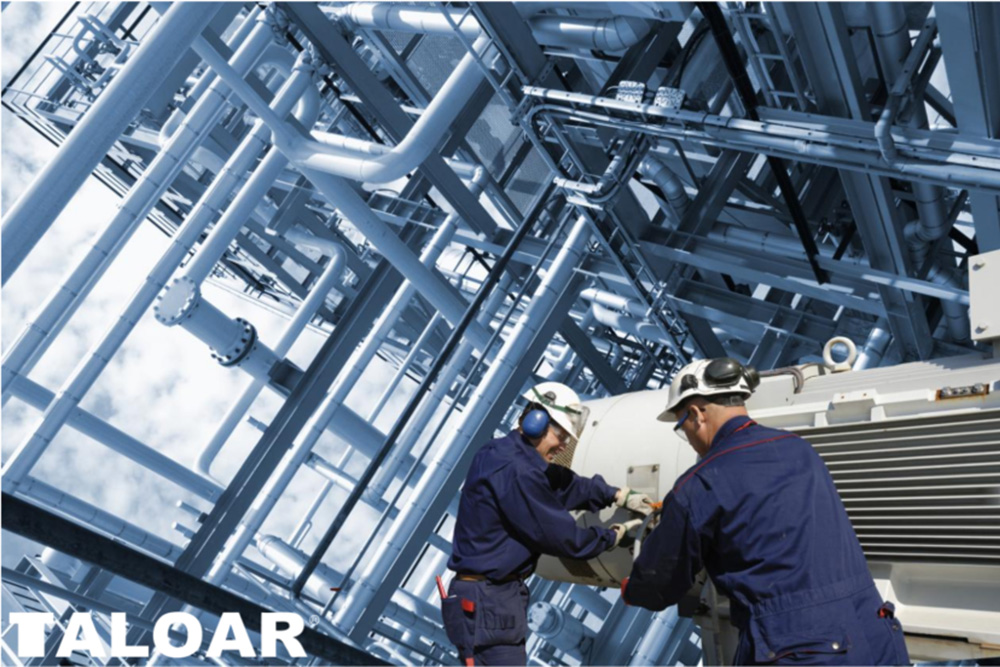
In order to help you better choose the bronze valve, this passage will take Taloar’s products as an example for further analysis and discussion.
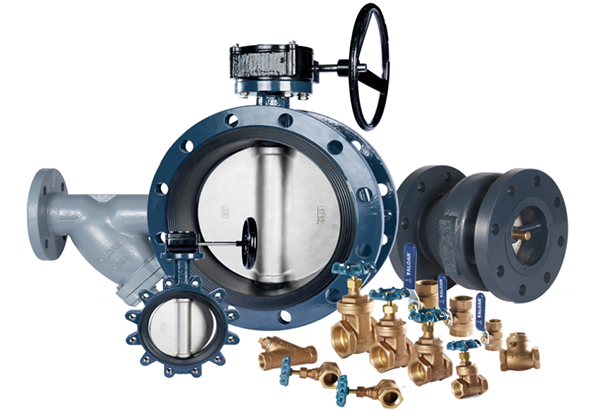
1. Types of bronze valves
Take the most common bronze valves as an example, Taloar’s main bronze valves include bronze gate valve, bronze globe valve, bronze check valve, bronze ball valve, bronze differential pressure control valve and so on.
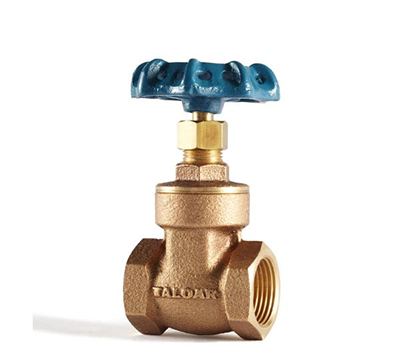
Bronze gate valve A107
½ ″ - 4 ″
PN20/300PSI/Class150
Screw-in Bonnet, Solid Wedge, Non-Rising Stem
BSEN12288, Threaded Ends Comply to BS21 or ANSI 2.1
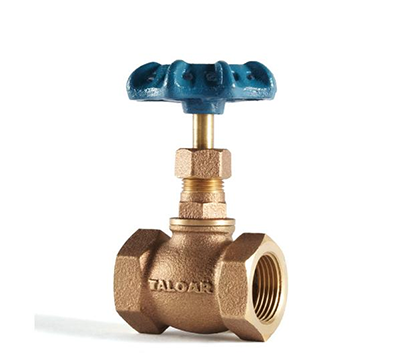
Bronze globe valve G107
½ ″ - 3 ″
PN20/300PSI/Class150
BSEN12288, Threaded Ends Comply to BS21 or ANSI 2.1
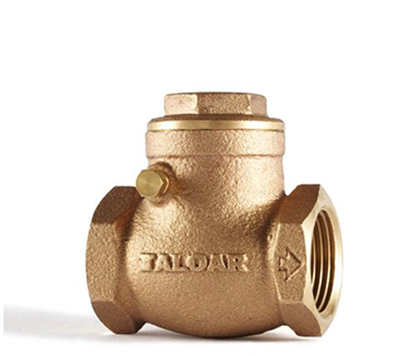
Bronze check valve C107
½ ″ - 4 ″
PN20/300PSI/Class150
Horizontal Swing
BSEN12288, Threaded Ends Comply to BS21 or ANSI 2.1
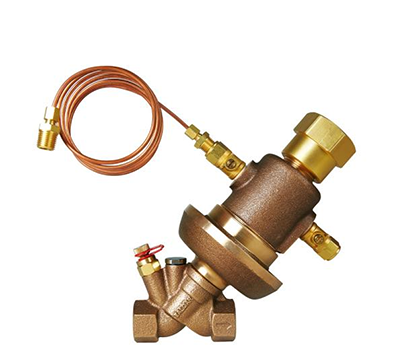
Differential pressure control valve PC320
Differential pressure control valve PC320
¾ ″ - 2 ″
PN25/ 350PSI
PC320 bronze differential pressure control valve, designed with a low-resistance Y-shaped structure, provides more accurate and stable control in the variable flow system, automatically and keeps the differential pressure between both ends of the control valve at a relatively stable value, with no external power source needed. The high-precision disc and reliable sealing performance ensures precision and durability in flow measurement. PC320 is mainly used in the HVAC system
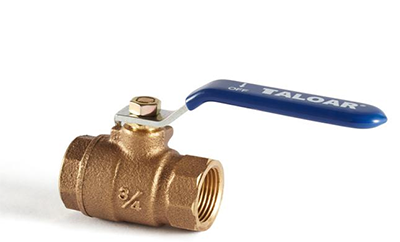
Bronze ball valves B109
½ ″ - 2 ″
PN40/600PSI/Class300
Full-Bore, Chrome-Plated Ball
BSEN12288, Threaded Ends Comply to BS21 or ANSI 2.1
2. Features of bronze valve
Taloar’s bronze valve shell material is an alloy of bronze, containing metal tin, with high tensile strength and elongation, as well as superior service life and performance compared to brass valves. When selecting a material for a valve product, such as a ball valve , it is important to consider the price differential between brass vs bronze ball valves. Bronze ball valves tend to have a higher price point due to the cost of the bronze material. If a higher valve price is acceptable for your project, brass ball valves may be a more cost-effective option.
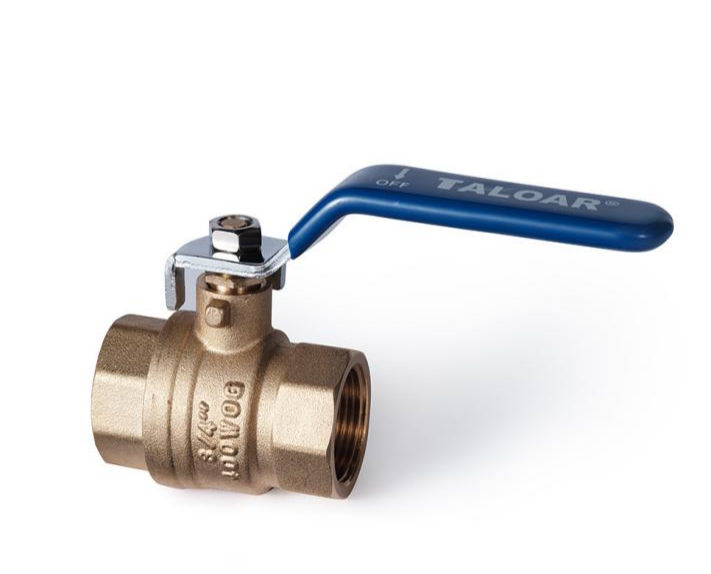
Brass ball valve B103
Bronze valves with a working pressure of 300 PSI/21 kg are suitable for use in air conditioning and water supply and drainage systems in high-rise buildings at low pressures. This includes bronze balancing valves and differential pressure control valves with a working pressure of 350 PSI/25 kg. Bronze counterbalance valves and differential pressure control valves are available with a working pressure of 350 PSI/25 kg and are supplied with BSPT (common to GB) and NPT AFSL tapered pipe threads. Each bronze valve is thoroughly cleaned and degreased before leaving the factory and individually packed in clean, sealed polyethylene bags. The product is guaranteed for over five years with zero maintenance.
We have provided solutions and technical services for several projects in China and have accumulated a wealth of project experience to help users save energy, increase efficiency and improve the environment. Taloar is committed to providing the best quality products and after-sales service to every customer and looks forward to working with you!
If you need to keep up with innovations and technological advancements in bronze valves, Taloar will support you! For more details, please contact sales@taloar.com or WhatsApp 008618112507128.
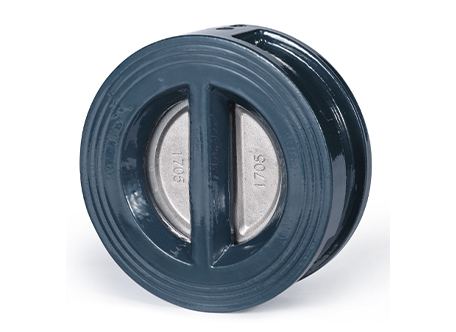
Copyright © TALOAR All Rights Reserved